When Jesus comes back as judge, everyone will face a binary outcome. Either they will be judged righteous and experience the peace and joys of Paradise. Or they will be judged wicked and suffer unquenchable fire (Matthew 3). John the Baptist’s job was to point to the only way to prepare for a judgment, one where the stakes are that high. Repent! And look to the Lord Jesus. For when Jesus came into our world the first time, it was not as judge, but as Savior. All those whose faith is in Christ have already been judged righteous. Please, take these words to heart: the reign of God draws near, and his judgment is inevitable. As John the Baptist once said, “All people will see God’s salvation.” The only question is if one sees Christ’s second coming with joy or regret. For those who fail to repent, the coming of the Judge brings certain doom. But his people will see that Judge like a banner on the hilltop, rallying us to his glorious side.
Want to hear more?
Check out our sermon archive.

